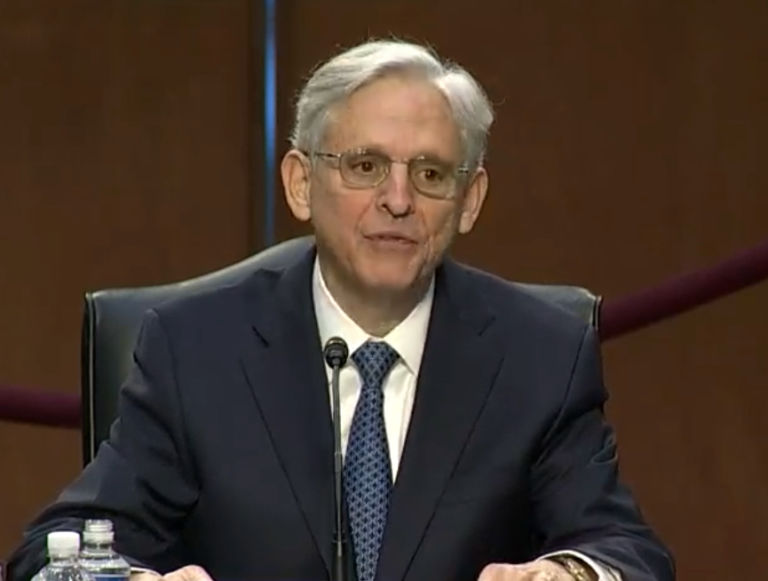Joel Kotkin laments in a New Geography article that political partisanship has infected discussions of the family’s critical role.
In this bizarrely politicized environment, even the preservation of the most basic institution of society – the family – is morphing into a divisive partisan issue. Increasingly, the two parties are divided not only along lines of economic and social philosophy, but over the primacy of traditional familialism.
Increasingly, large portions of the progressive community are indifferent or hostile to the idea of the nuclear family, while many on the right argue that it’s key to a Republican revival. Observers such as the Weekly Standard’s Jonathan Last see familialism as key to the demographically challenged GOP. “Start a family, vote Republican,” he suggests. Long-term, Republicans can look forward to the rise of what New York Times columnist David Brooks cleverly calls “red diaper babies.” …
… This politicization threatens the building of a broad consensus on how to promote the family. The related issue of America’s sagging birth rate – the lowest since the 1920s, by some measurements – should not be seen as a matter of political expediency but as an existential issue concerning the health of society and the long-term prosperity of the United States. No matter what happens with immigration, minorities are going to be a growing portion of our population and will soon represent the majority of children. Unless conservatives seek to secede and form their own Republic, they need to favor familialism among all ethnic groups.
Yet for now, partisan concerns remain primary, and are compelling, if for narrow, political reasons. In the past two national elections, the differences in voting patterns between married couples and those who are not has become obvious. Democratic pollsters like Stan Greenberg now hail single women as “the largest progressive voting bloc in the country,” Ruy Texeira, a leading political scientist, calls singletons critical to the “emerging Democratic majority.” …
… In the past, the basic emphasis has been to make families stronger by backing such institutions as public schools and parks, as well as creating the basis for broad-based economic growth. Support for single-family homes that most families require was part of this.
But today, many “progressives” disdain the suburbs, which were built largely with the help of New Deal and successor programs. Now, most planners, according to the American Planning Association survey, believe accommodating families is simply not worth the cost of the services, notably schools, that they engender.
Rather than looking at housing that fits families, many progressives now want to promote an urbanism that has little place for families. Some real estate sites, such as Estately, rank cities not by being child-friendly, but those most accommodating to the “childfree” – reminds me of gluten-free – a term which for some reason is deemed preferable to childless. Virtually all cities so ranked, such as ultralow-fertility San Francisco, Portland, Seattle, New York and Madison, Wis., are all places that increasingly are Republican-free as well.


